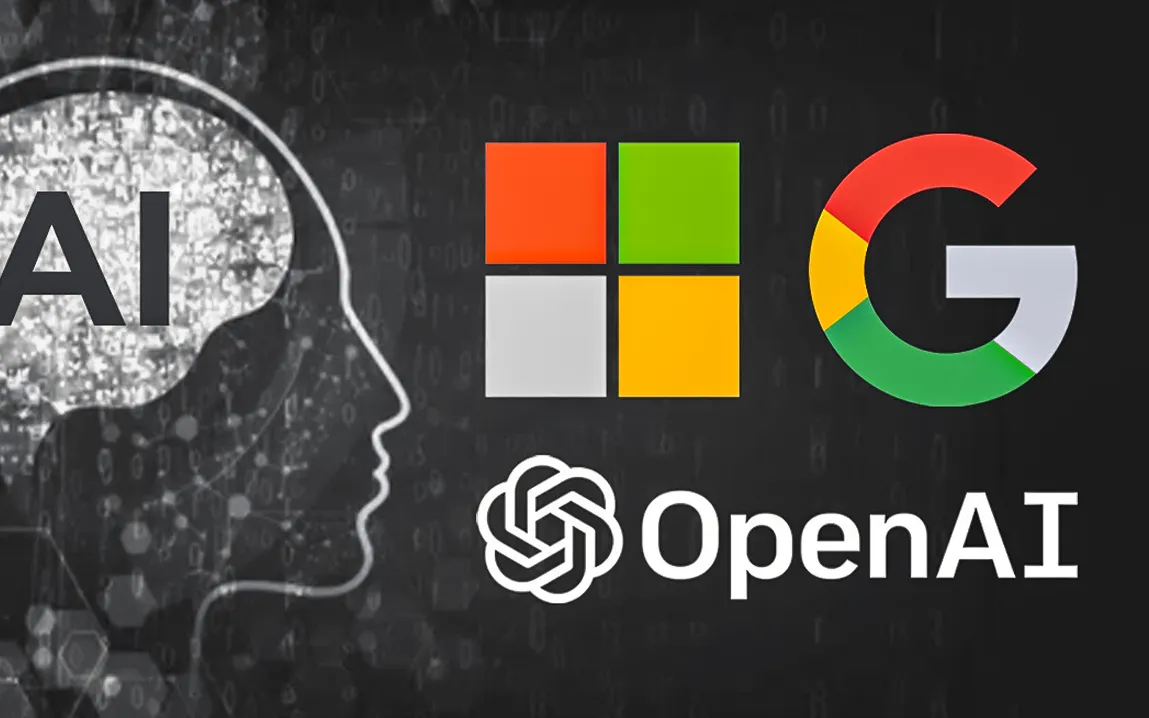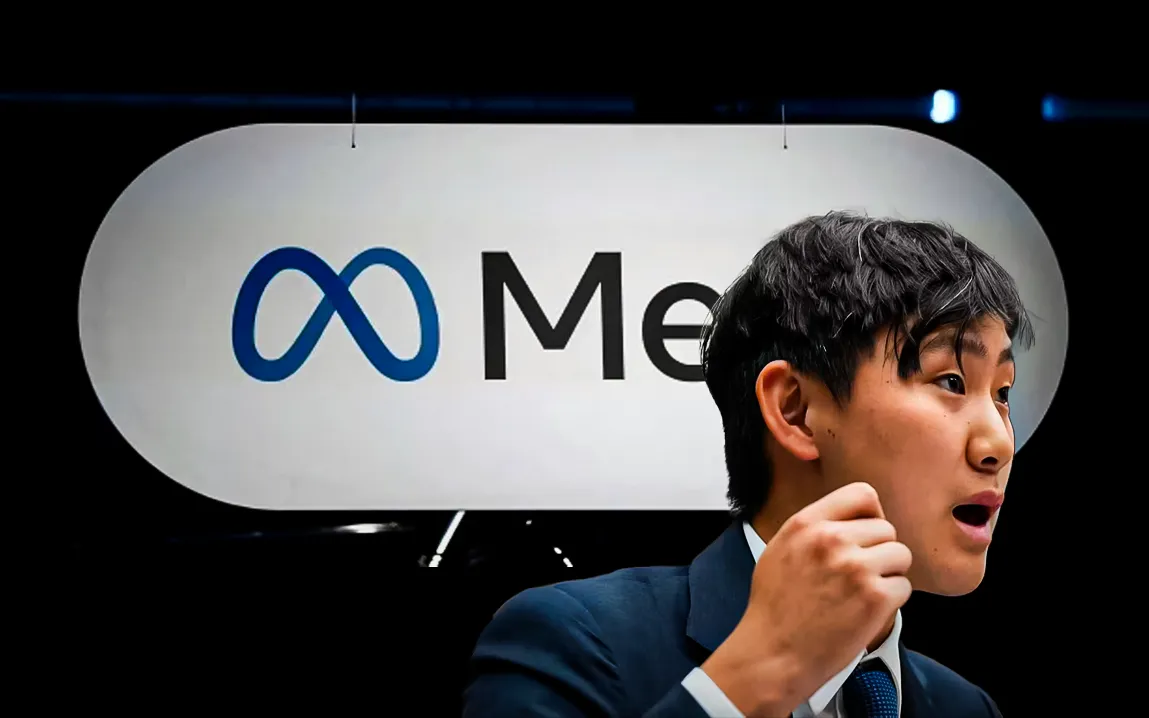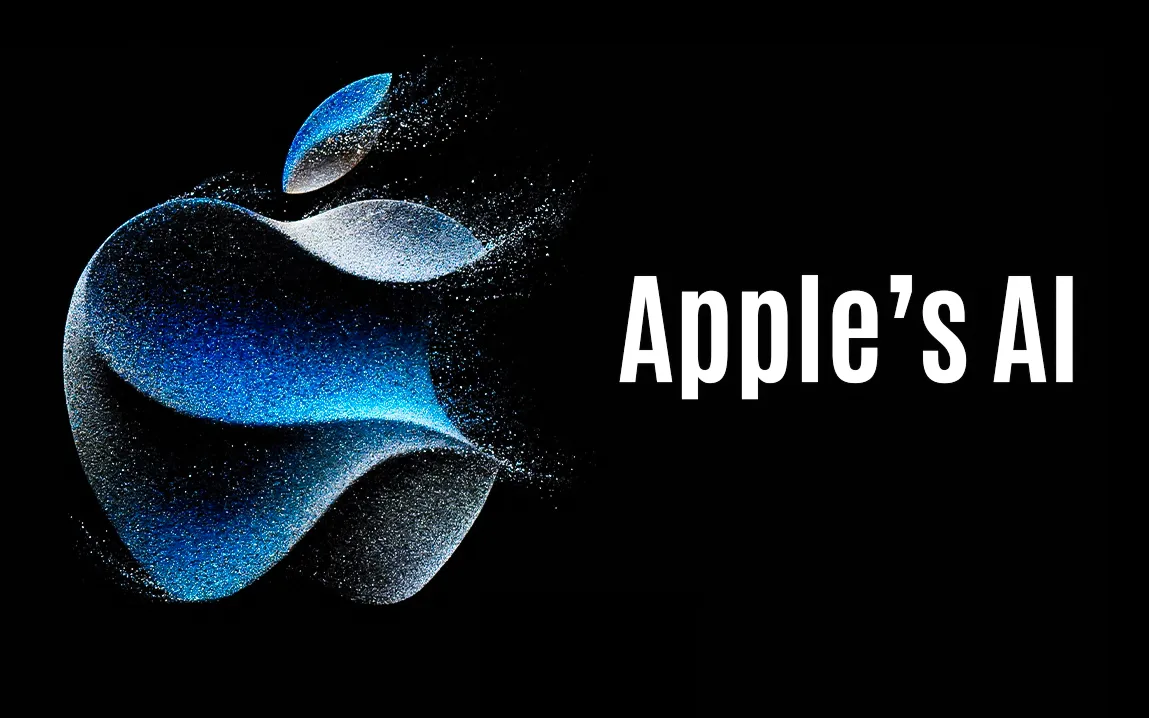Tech leaders Meta, Google, and OpenAI announce a joint effort to improve AI safety, making powerful tools more transparent, secure, and beneficial to society.
Big Tech’s Big Promise on AI
In a significant display of solidarity, three of the world’s largest tech giants—Meta, Google, and OpenAI—have signed on to a series of safety commitments that seek to ensure artificial intelligence (AI) is developed and utilized responsibly.
The declaration was made at the White House-hosted high-level meeting, where the firms vowed to make further efforts to control the dangers of super-AI programs such as chatbots, image generators, and other new technologies.
What Are the Key Commitments?
The companies outlined several important actions to build public trust and reduce the potential dangers of AI. These include:
- Security Testing: AI systems will be tested internally and by third parties for safety before they are released.
- Transparency: The firms will exchange information with the government, academics, and civil society to keep the risks of AI under control.
- Bug Reporting: There will be a system for individuals to report bugs or weaknesses in AI models.
- Watermarking AI Content: In order to help individuals know when they’re reading AI-generated content, firms will create invisible watermarks.
- Clear Public Reporting: They will disclose how their AI functions, its strengths and limitations, and what it should or shouldn’t be applied for.
- Ethical Research: Emphasis on minimizing harmful bias, safeguarding user privacy, and making AI systems fairer and safer.
- Benefiting Society: Committing to apply AI to solve tangible issues such as climate change and healthcare accessibility.
Meta Pushes Open-Source AI
Meta has taken a big step by open-sourcing its Llama 2 large language model. This means researchers and many businesses can freely access and test the model, which helps build transparency and trust.
Nick Clegg, Meta’s President of Global Affairs, summed up the company’s view:
“AI should benefit the whole of society. For that to happen, these powerful new technologies need to be built and deployed responsibly.”
Meta is also planning to let independent experts evaluate their AI tools at this year’s Def Con, a major cybersecurity conference.
Google Doubles Down on Transparency
Google is building features like watermarking and metadata tagging into its new AI tools. These tools will help people easily identify AI-generated content. Kent Walker, Google’s President of Global Affairs, said:
“We are committed to ensuring that our AI systems are developed and deployed responsibly.”
OpenAI Focuses on Safety Testing
OpenAI, the company behind ChatGPT, is putting a spotlight on security testing. It plans to use both in-house and outside experts to vet its tools before launch. OpenAI is also working with other organizations to create shared safety standards across the industry.
Why This Matters
As artificially intelligent tools become more intelligent and more common, the possible harms—such as spreading lies or disrespecting privacy—increasingly accompany them. These commitments are an attempt to stay ahead of those risks by promoting transparency, cooperation, and better safety habits.
The three companies agree that responsible AI isn’t just a tech issue—it’s a public one. How AI is built today will shape the future for everyone.
What’s Next?
These pledges aren’t laws, but they could help shape future regulations. With pressure from governments and the public, more companies may soon follow this lead. It’s a reminder that while AI can do amazing things, it also comes with big responsibilities.



